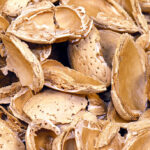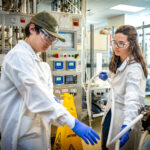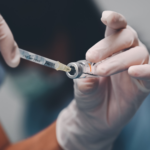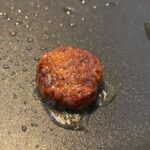New funding will help Berkeley Lab and partners improve how the diverse agricultural waste in California’s Northern San Joaquin Valley can be used to make sustainable bioproducts and biofuels.
Scaling up the Bioeconomy Workforce
A hands-on laboratory course at the Advanced Biofuels and Bioproducts Process Development Unit (ABPDU) is preparing bioprocess engineering students for careers in the bioeconomy.
Making Sustainable Products Faster with AI and Automation
Héctor García Martín, a staff scientist in the Biological and Systems Engineering (BSE) Division, is working to accelerate and refine the synthetic biology landscape by applying artificial intelligence and the mathematical tools he mastered during his training as a physicist.
Using Biology to Make Vaccine Adjuvants More Available
Biosciences Area Senior Faculty Researcher Jay Keasling and his research team have spent the past few decades engineering yeast to be tiny factories that more efficiently produce molecules that are typically found in small supply in nature. Now, they have modified yeast to make the adjuvant QS-21, an important additive to vaccines that stimulates the … Read more »
Is Mold the Future of Food?
Chef-turned-bioengineer Vayu Hill-Maini is modifying the genes already present in fungi to create innovative new foods that are tasty, healthy, and more environmentally sustainable.
Was this page useful?








